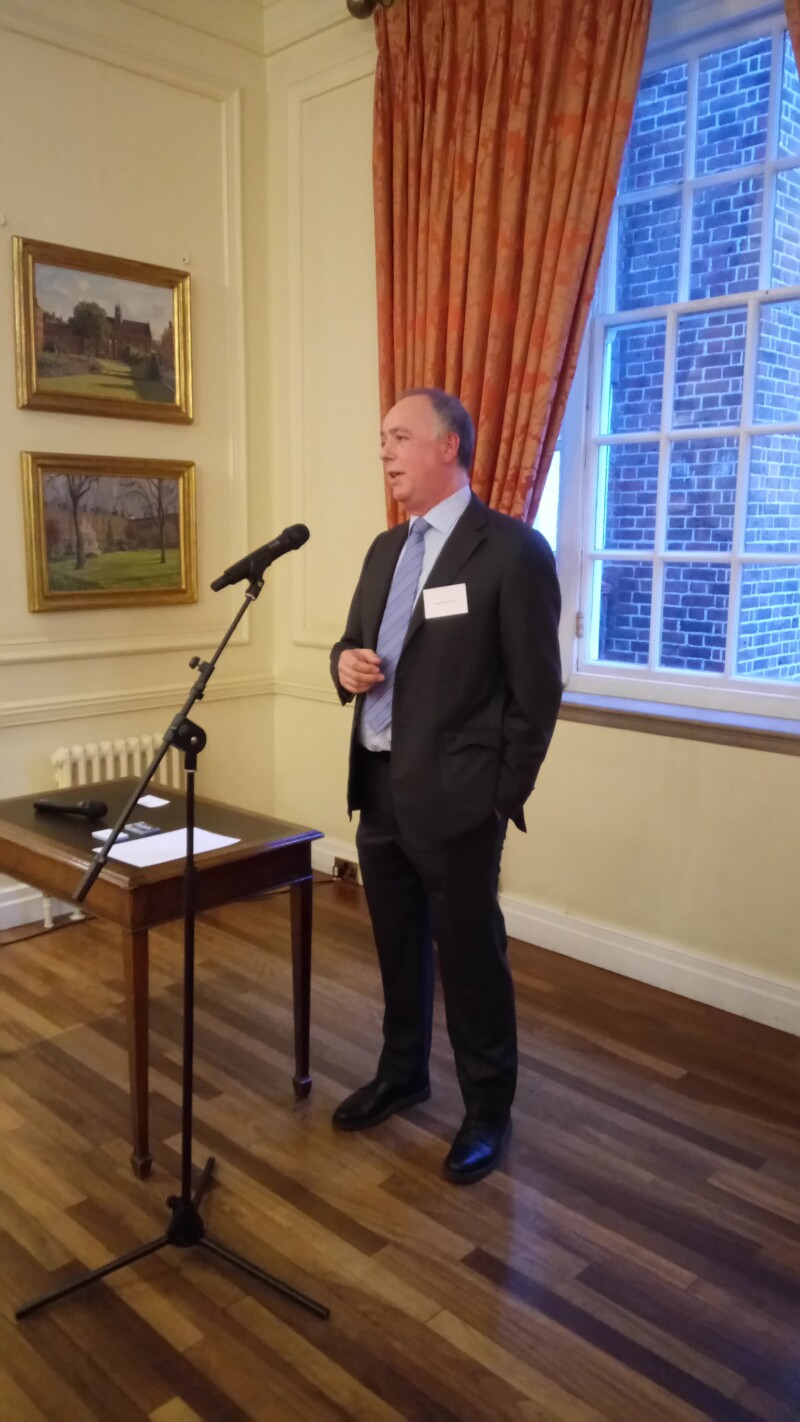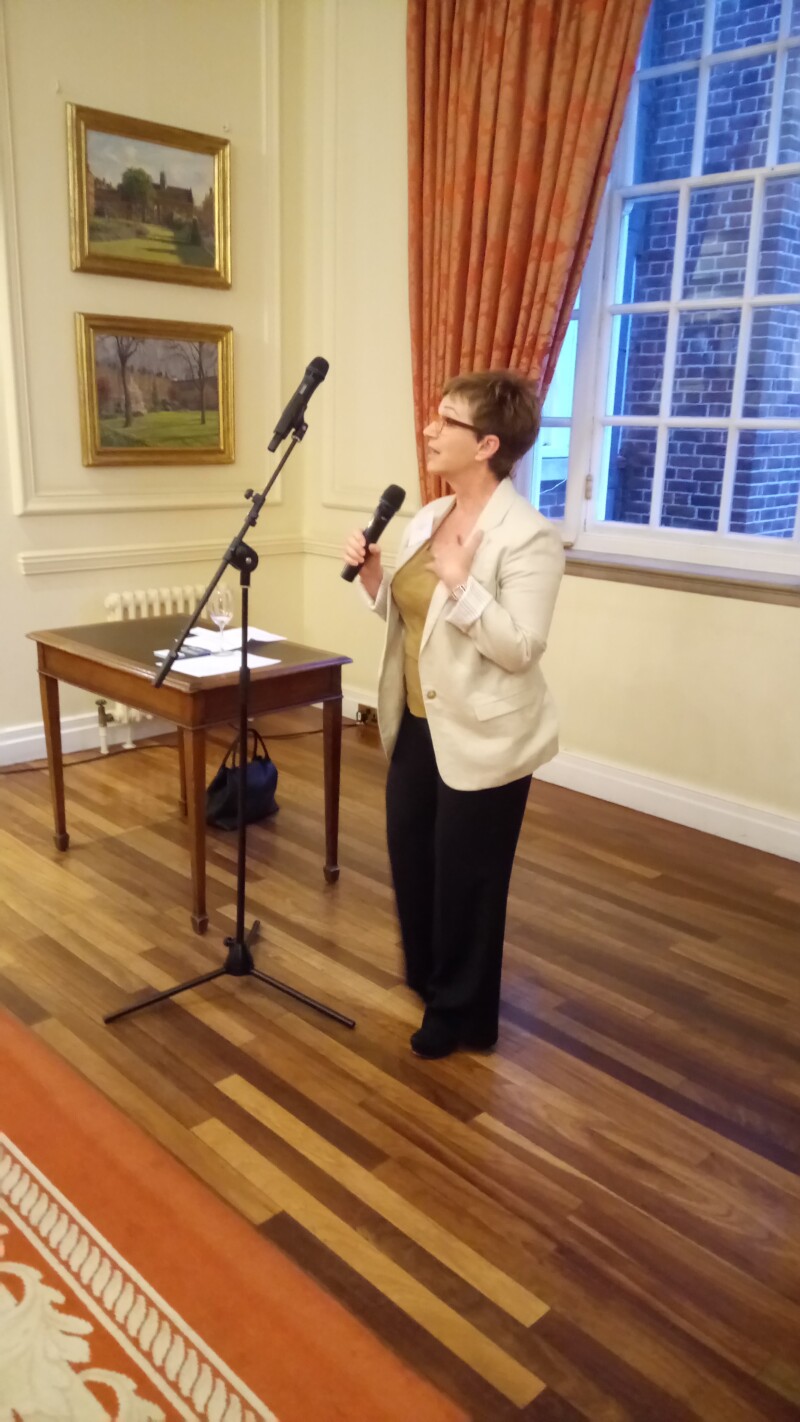
The launch ceremony for the service called IP Pro Bono was held at Gray’s Inn in London on October 17. The event was attended by IP Enterprise Court (IPEC) judges, including Judge Hacon, IP practitioners from different firms, and representatives from supporting organisations such as the UK IPO. Coincidentally, on the same day WIPO, in cooperation with the World Economic Forum, unveiled its Inventor Assistance Program (IAP). The program connects inventors in developing countries with patent attorneys who will assist them with obtaining patent protection. It was a memorable day for pro bono work in IP.
IPO and judicial support
IP STARS research data on pro bono |
We polled just over 2,000 IP practitioners worldwide for the research for IP STARS 2016. One of the questions we asked was this: “What are your views on pro bono work in IP. Would you do pro bono work yourself?” 1,588 practitioners, of whom 167 were from the UK, responded to the question. Globally, the response in the affirmative was overwhelming, with about 77% saying they do or would consider undertaking this type of work. About 4% clearly didn’t support it; a number of them said pro bono work isn’t appropriate in the area of IP. The rest didn’t state any particular views. Drilling down, only 3% of UK respondents said they don’t do and/or wouldn’t consider doing pro bono work. The data also reflects the fact that pro bono culture varies by jurisdiction, and in some, for example New York and Florida in the USA and South Korea, lawyers are required to do it or support it. In England and Wales this is voluntary. The key takeaway was this: given the right opportunities and under the appropriate circumstances majority of UK IP practitioners would consider doing pro bono IP work. In due course we will publish more findings from the research. |
The IPO is one of the main advocates for the service.The opening remarks at the event were delivered by its Acting Chief Executive Sean Dennehey who talked about the Office’s commitment to ensuring a conducive environment for innovation and how the service complements its own efforts in helping individuals and small businesses resolve disputes. Next up was Hacon who explained why he urged the IP community to set this up. He provided instances where the assistance of a suitably qualified IP practitioner would not just have helped litigants in person with their cases but would have also saved court’s time.
In an interview with Managing IP, which we will soon publish, Hacon talked about the number of litigants in person and types of cases he sees in his court. He said it was admirable to see IP practitioners coming together to promote access to the courts.
Hacon believes that the IPEC’s small claims track would even benefit more from the service and encouraged more IP practitioners to sign up as volunteers. “Businesses shouldn’t be snuffed out early due to lack of representation or getting their cases heard,” he said.
Personal stories
The last speaker was Mandy Haberman, an inventor who faced legal challenges at the early stages of her venture.
Haberman shared her experience as a claimant litigant in person in dispute with a well-resourced company which sold an infringing product. Her ordeal demonstrates how small businesses or individuals can be left vulnerable even before they have developed or launched their product or service.
Haberman said she was delighted to see there is now a service for anyone who finds him or herself in a similar situation. “This is the missing piece of the jigsaw puzzle. It is fantastic and levels the playing field,” she concluded. You can read more on her legal cases here and here.
Haberman’s speech reminded me of my first and only experience of pro bono legal work in IP. It was about Mohamed Maricar, a client I met in 2011 at Toynbee Hall Free Legal Advice Centre. I had been a volunteer adviser with Centre since 2008.
About IP Pro Bono |
The service was planned and set up by members of number of UK IP associations, most notably the Chartered Institute of Patent Attorneys (CIPA), the Institute of Trade Mark Attorneys (ITMA), the Intellectual Property Lawyers’ Association (IPLA), the IP Bar and the Law Society. CIPA manages its administration. Suitably qualified individuals or firms can join as volunteer advisers or case officers. It is designed for contentious IP matters in the IPO right up to the High Court as well as pre-action matters such as settlement. The service is not for those who need IP filing advice because there are clinics run by CIPA and ITMA. The steps to getting help from the service are simple: you make an application through the website; a case officer assesses your application, and, if it meets certain criteria, you’ll be assigned to an appropriate volunteer adviser. The service can also help those who do not meet the financial eligibility criterion to find appropriate, alternative legal advice. There is plenty of information on IP Pro Bono’s website. |
Maricar attended one of our evening sessions with a default judgment, which had entered the enforcement stage, following a claim by a company alleging copyright infringement. It was one of the many speculative invoicing cases in the UK in the past decade. Sadly the matter progressed to that stage because the client couldn’t afford the services of a solicitor and none of the advice clinics he contacted could assist. Even though he was determined to defend the claim, he thought it would fizzle out. It didn’t.
Then I wasn’t aware of any advice clinic where Maricar could’ve been assisted quite quickly by an IP lawyer so I promised to help him find one. I asked Jeremy Phillips to kindly post an appeal on one of his blogs.
Francis Davey was the first lawyer to respond within 48 hours of publication. I received about half a dozen or more responses. Davey took on the case and swiftly brought it to a successful conclusion for the client.
It’s high time
The personal accounts of Hacon, Haberman and Maricar, and I’m sure there are many more, show there is a need for a special service such as IP Pro Bono. It is difficult, even impossible, to obtain public funding or legal aid for IP advice and/or representation in the UK, and, for various reasons, not everyone has IP litigation or before-the-event insurance.
There are of course many brilliant advice clinics and pro bono services (such as LawWorks and Bar Pro Bono Unit) but the problem is that it is difficult to find one, if any, with a clear focus on contentious IP.

As seen in Maricar's case, this poses a risk to the case of a litigant in person and keen IP practitioners may well be missing out on opportunities. “My firm is a member of LawWorks and in my six years here I’ve had two cases asking for IP assistance through LawWorks,” ITMA President Kate O’Rourke said in an interview with Managing IP. “A number of IP lawyers I know have always wanted to do pro bono work but never find the right avenue to do it,” she added. This view corresponds to our findings from the IP STARS (2016) research data on pro bono.
It is a welcome development to see the UK IP community set up its own pro bono initiative, and it comes at a time when own-it, an IP information service, discontinued its IP advisory service. It’s not easy to commit to and do pro bono work neither is it the job of legal practitioners to plug gaps in the civil justice system. This is why those involved in pro bono legal work must be highly commended.
Managing IP will publish another article on IP Pro Bono, including more views from O’Rourke and Hacon.











